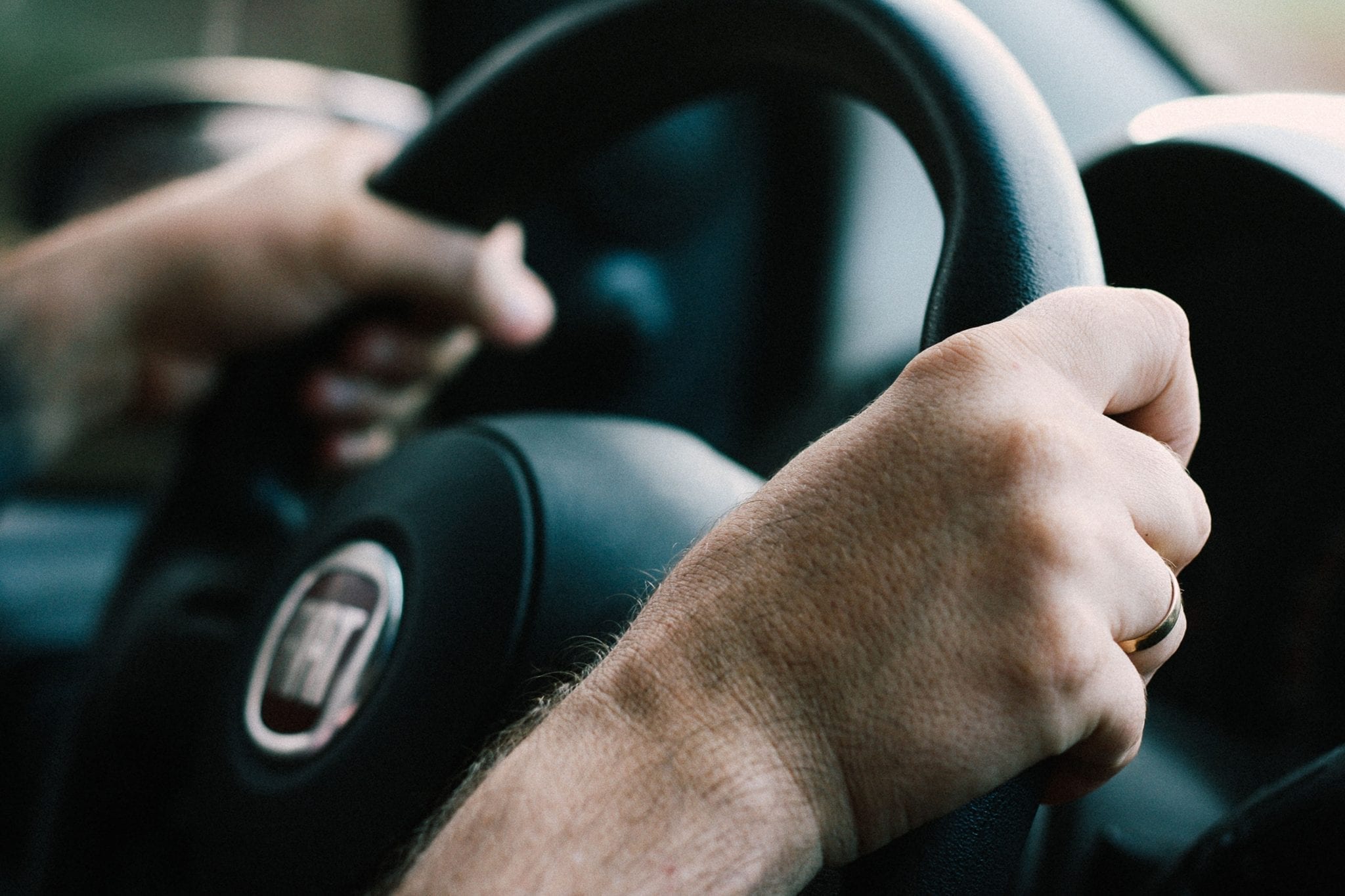Any type of impaired driving is dangerous. This includes driving while impaired by illicit drugs or certain prescription or over-the-counter (OTC) medications that can affect driving ability. Sadly, fatal drug-involved crashes now outpace the number of alcohol-impaired collisions in New Jersey.
For Davis, Saperstein & Salomon, P.C., the quest to stop drunk driving in New Jersey is a personal one. One of our partners, Steven Benvenisti, was nearly killed by a drunk driver in college. His dedication to combating drunk driving through his work with MADD and his highly popular program, “The Most Significant Case of My Entire Career,” inspires us every day.
It’s critical for New Jersey residents to see the scope of the impaired driving problem in our state. In hopes of raising awareness, we have compiled five years of the most recent open-source data from the National Highway Traffic Safety Administration’s FARS database.
Take a moment to review the disturbing data below. We hope it inspires you to sign our pledge and make your own commitment to prevent impaired driving in The Garden State. Feel free to share this resource widely. We can all do our part to save lives!
Fatal Alcohol-Related Collisions Heat Map
Just take a look at this heat map: Each red dot that you see represents a fatal impaired driving crash that occurred in New Jersey. As you can see, these crashes occur in virtually every area in our state. Consider this: Every red dot that you see on this map represents one life lost. These are all tragedies that could have been prevented.
#StaySoberNJ – Drunk Driving Accidents Heatmap (2005-2013)
View The #StaySoberNJ Open Data Drunk Driving Project on DSSLaw.com
Drinking vs Drug Use
Any type of impaired driving is dangerous. This includes driving while impaired by illicit drugs or certain prescription or over-the-counter (OTC) medications that can affect driving ability. Sadly, fatal drug-involved crashes now outpace the number of alcohol-impaired collisions in New Jersey, as these stats show.
Marijuana was recently legalized in New Jersey and could be contributing to the uptick in drugged driving accidents. In one study by AAA, 39 percent of drivers killed in N.J. accidents in a single year tested positive for drugs, with 19 percent testing positive for cannabinoids and 12 percent positive for narcotics.
Please visit the #StaySoberNJ Open Data Drunk Driving Project by clicking here for more information.


Join the conversation!